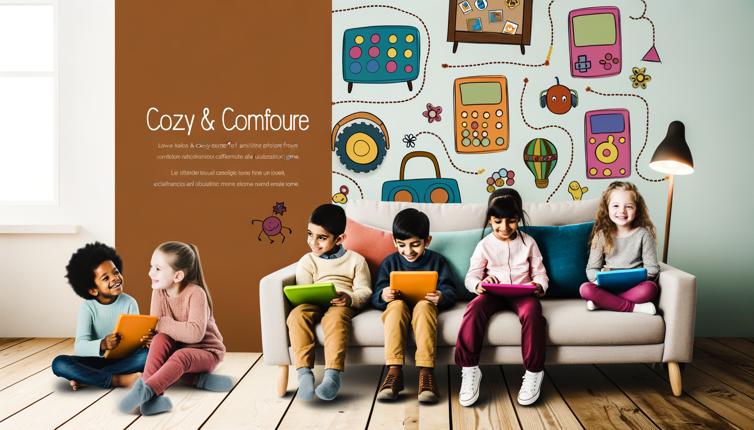Game Features
Before choosing an educational game for your classroom, it's essential to consider the game features. Look for games that align with your educational goals and curriculum. Some common features to look out for include:,- Adaptability: A good educational game should be adaptable to different skill levels and learning styles. It should offer options for customization and individualization.,- Interactivity: The game should be interactive and engaging, with elements that encourage active participation and problem-solving.,- Progress Tracking: Look for games that offer progress tracking features, such as reports and analytics, to monitor students' performance and identify areas for improvement.,- Feedback Mechanism: An effective educational game should provide timely and constructive feedback to students, helping them learn from their mistakes and make progress.,Considering these game features will ensure that the educational game you choose is effective and suitable for your classroom.
Multiple User Options
Another important factor to consider when selecting an educational game is the availability of multiple user options. A good educational game should provide opportunities for both individual and collaborative learning. Look for games that offer:,- Single-player Mode: This mode allows students to work independently and at their own pace, focusing on their individual learning needs.,- Multiplayer Mode: This mode promotes collaboration and teamwork, allowing students to work together on challenges and problem-solving.,- Customizable Groups: Some educational games allow teachers to create customizable groups, enabling targeted instruction and peer learning.,Choosing a game with multiple user options will allow you to cater to different learning preferences and promote a dynamic learning environment in your classroom.
Conclusion
In conclusion, choosing the right educational game for your classroom is a crucial decision that can greatly impact students' learning experience. By considering game features, multiple user options, and other important factors, you can select a game that aligns with your educational goals and engages your students effectively. Remember to also involve your students in the decision-making process by seeking their input and feedback. Happy gaming and learning!









